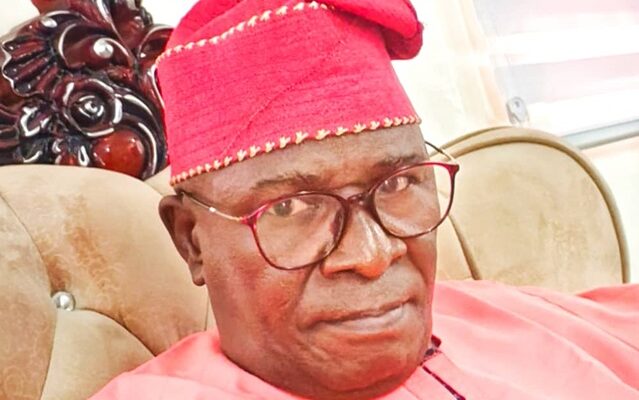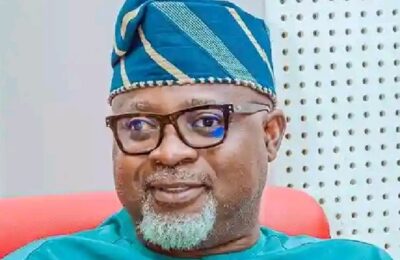By Musa Bakare
The 2023 presidential election marked a watershed in Nigeria’s political evolution. It wasn’t merely about electing a new leader, it represented the collective cry of a nation desperate to break from a legacy of failed governance. Nigerians voted not just for change, but for a decisive shift from the corruption, insecurity, mismanagement, and impunity that had plagued the pre-2023 order.
For years, Nigeria’s political space had been dominated by transactional leadership, weak institutions, and a reckless disregard for national interest. Governance was driven by patronage, not vision. The result was growing public despair, crumbling infrastructure, and a sense of hopelessness, especially among the youth.
As 2027 approaches, Nigeria must resist a return to recycled leadership and preserve the hard-won reforms of the Tinubu era.
The emergence of President Bola Ahmed Tinubu under the banner of the All Progressives Congress (APC) was a bold departure from the inertia of the past. A seasoned strategist and reformer, President Tinubu wasted no time initiating the necessary changes.
The removal of the fuel subsidy, a policy long manipulated by powerful cartels that now wants to return to power was a courageous first step. The unification of exchange rates, renewed infrastructure investment, and strategic fiscal reforms followed. These policies, though tough in the short term, were aimed at dismantling the decades old rot in Nigeria’s economy and public finance system.
Unlike previous administrations, President Tinubu has shown a willingness to confront difficult decisions and break away from politically convenient but economically destructive practices. His approach has laid a foundation for long term national recovery.
As 2027 becons, the same political figures who misgoverned Nigeria in the past are rebranding themselves for a comeback. Cloaked in new coalitions and slogans, these familiar faces seek a return to power not out of patriotism, but to reclaim influence and undo the difficult reforms and transformation that have begun under President Tinubu’s leadership.
They are counting on public amnesia. They want Nigerians to forget the unpaid salaries of their era, the collapsed institutions and the insecurity that characterized their time in power. Their goal is to regain control not to serve, but to resume the self serving politics of the past.
To hand the reins of leadership back to these recycled politicians would be a national tragedy. It would mark the reversal of reform, the return of mediocrity, and the reward of past failure. It would compromise Nigeria’s fragile progress and plunge the nation back into political and economic darkness.
Pre-2023 Nigeria was a nation at the edge of collapse. Infrastructure had deteriorated, youth unemployment had soared, and citizens had lost faith in leadership. The system was anchored on nepotism and indifference. A return to this reality would erase every sacrifice and step forward made in the last two years.
The 2027 presidential election is more than a contest between political parties. It is a test of national memory. It is a referendum on whether Nigeria chooses to consolidate its gains or fall back into recycled failure. It is a defining moment for the Nigerian electorate.
No serious country allows those who led it into crisis to reclaim the driver’s seat. No nation moves forward by glorifying its worst political actors. The coalitionists seeking power today must be judged not by their words, but by their history.
Nigerians must remain vigilant and discerning. The task of defending our democratic gains belongs to the people. We must protect the Renewed Hope Agenda and reject attempts to derail the transformational momentum set in motion by President Tinubu since 2023.
This is the moment to choose wisely. The stakes are too high, and the cost of reversal too great.
The future of Nigeria must not once again be auctioned off to old political opportunists in new clothing.
– Musa Asiru Bakare is a founding member of the All Progressives Congress (APC), a member of the Tinubu Support Group (TSG), and a political analyst. He writes from Lokoja, Kogi State.




